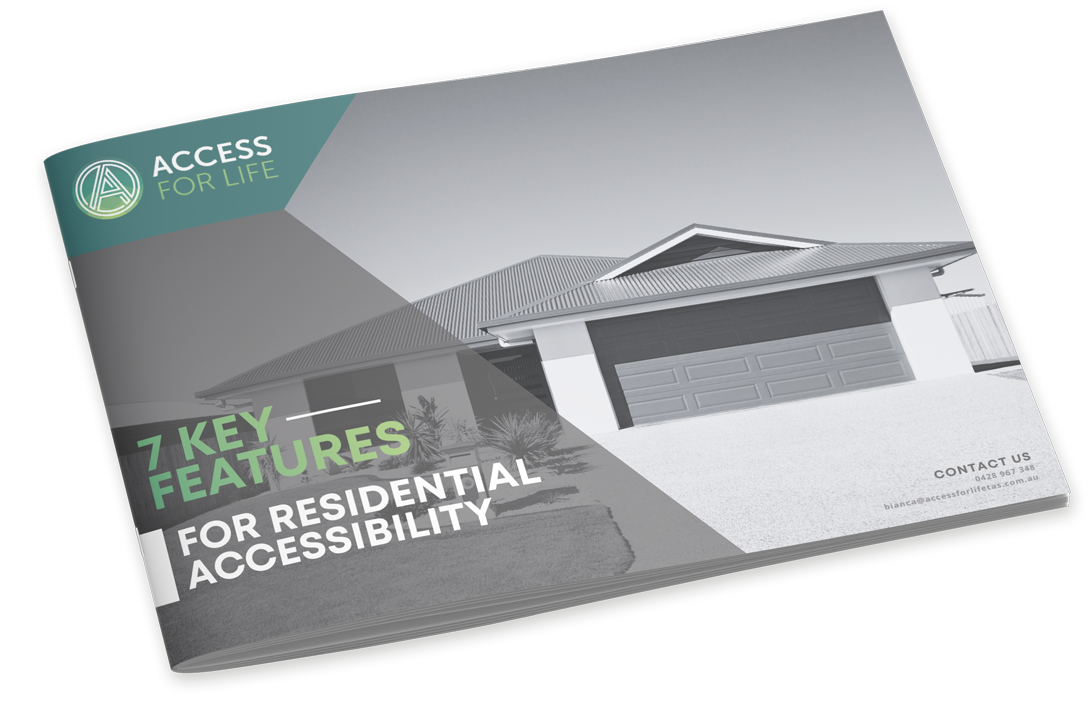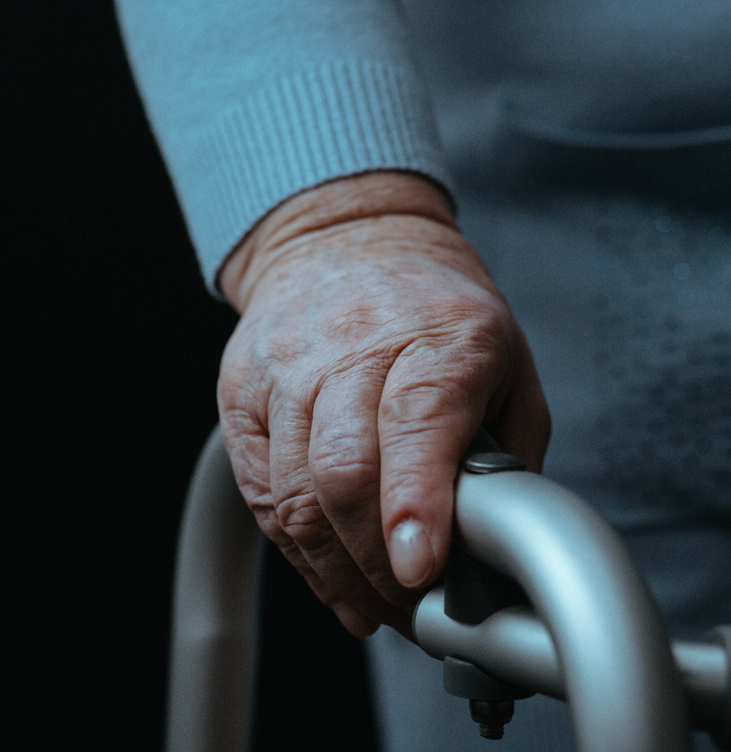Services
Focus Services
At Access for Life we provide a range of access consultancy services to ensure that there is equitable access within the built environment. We can provide advice, audits and reports for residential buildings as well as commercial enterprises. We specialise in new buildings or we can provide assistance for alterations and additions for existing buildings.
Building Access Audits
We can provide access audits based on plans for a new build project.
Design Plan Assessments
Design Plan Assessments are completed during the design phase of a project.
Design Consultation
We offer design consultations to determine the accessibility needs for your new build project
Development of Performance Solutions
We can put together performance solutions if the accessibility needs are met through innovative means.
Advice on Alterations & Additions
We can provide expert advice on accessibility for an existing dwelling requiring alterations or additions.
Livable Housing Design Guidelines Assessments
We can assess The Livable Housing Australia Design Guidelines for private homes.

Download our guide to residential accessibility
Download our guide to help you identify 7 key accessibility features in your home.

The reasons
Tasmania has the highest rate of disability - 26% compared to 18% nationally
Our Promise
Our promise is to deliver your reports quickly and efficiently with a high level of professionalism and dedication to get the best possible access results.
Disability statistics
Around 3 in 5 people with disability (58%) needed assistance with at least 1 activity in daily life.
Half of people with disability use aids or equipment to help them with their disability.
A person born in 2018 can expect to live 21% of their life with a disability
1 in 10 people aged 15 or older reported discrimination during the previous 12 months because of their disability.

our FAQ
Frequently Asked Questions?
An access consultant works within the built environment to determine potential accessibility concerns particularly for individuals with a disability. An access consultant will assess your specific situation and will provide advice to best approach access to comply with the Disability Discrimination Act (DDA) and the Building Code of Australia (BCA).
Access consultants provide several services to help assess the built environment for equitable accessibility for all. At Access for Life we can conduct the following services;
- Building Access Audits
- Design Plan Assessments
- Design Consultation
- Development of Performance Solutions
- Advice on alterations and additions
- Livable Housing Design Guidelines Assessments
A performance solution, formally known as an alternative solution is a method of complying with the performance criteria set out by the Building Code of Australia (BCA) however, it is an alternative route when the ‘deemed to satisfy’ provisions cannot be achieved. The performance solution must demonstrate that compliance can still be achieved using the alternative method.
Access needs to comply with the BCA and the DDA and therefore, anyone with a disability. Equal access for everyone. A disability can be described as a condition that that impacts the body or the mind and as a result causes limitations with the world around them.
The Disability Access to Premises Standards applies to all new buildings which are not a Class 1a Single residence, new parts of buildings such as extensions, and the affected parts of existing buildings which are the principal pedestrian entrance and a continuous path of travel from the entrance through the existing building to the new part. This application includes apartment buildings, offices, warehouses, hospitals, schools.
This means that any works requiring a building permit such as when any new building or new part of a building is constructed or a change of use occurs, full compliance with current accessibility standards is required in the new areas as well as areas providing access though to the new part of the building.
An access consultant should be engaged as early in the process as possible, for example during the feasibility studies and concept development. The earlier an access consultant is engaged the better the accessibility outcomes for the project.

